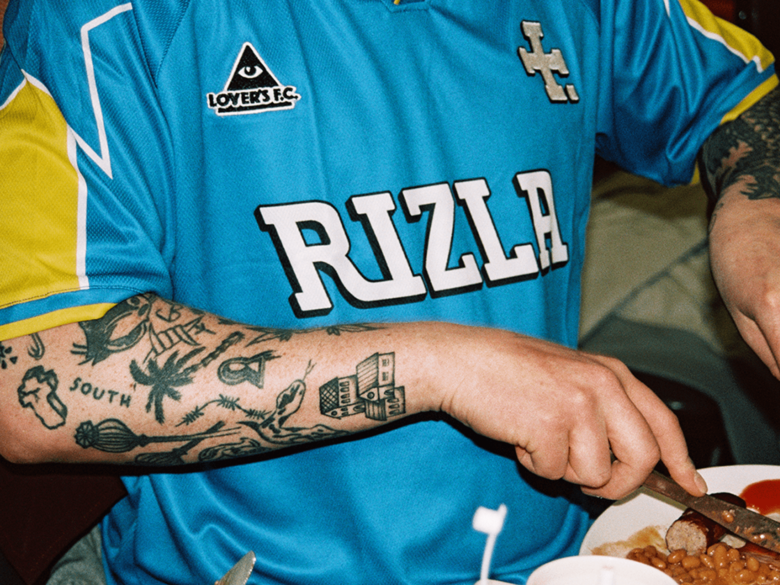Another day, another producer out there to ruin the pop culture faves of decades past. Recent years have seen an epidemic of reboots, many of which fail to capture the cultural moment in the same way as their forebears.
No genre is safe: from big-hitters like Ghostbusters to cult classics like Heathers . Now we’re about to buckle in for another wild ride of nostalgia as the likes of Gossip Girl, The L Word, The Craft and Charlie’s Angels are all set to undergo their own modern makeovers. In a world that thrives on a 60-second news cycle and uninterrupted flows of information, however, we can’t help but wonder why we all got so hooked on repetition and revisitation.
One reason may well be our ever-depleting attention spans. Whether we want to accept it or not the “swipe, swipe, tap, tap” model of social media is seriously messing with our brains, overstimulating our neurons with its eternal scroll of unseen images, buzzwords, and video clips. It’s so easy for us to become distracted by the arcade of bleeps and notifications buzzing up on our phones, that TV execs may well prefer it if we’re familiar with plot lines in advance.
However, the penchant for reboots might also have a political purpose. When shows like Charmed debuted, the current conversation around representation had barely begun. Casting directors and scriptwriters clearly thought little about the whiteness or heteronormativity of the series they were making, nor about how this could make some of its audience feel invisible. However, with Charmed’s 2018 reboot, creators took action to address some of these missteps; casting actors of colour in the three leading roles and featuring a prominent queer plot line.
These alterations are indicative of a wider trend within reboots, one that demonstrates that earlier media standards clearly don’t measure up to today’s. Whilst this testifies to the progress we’ve made, it’s also a hopeful sign that we will only see increased diversity on our screens in future. However, wouldn’t it be much more powerful to see TV concepts written for diverse characters, rather than seeing them shoehorned into narrow, pre-established moulds? It’s highly unlikely that execs are doing more than paying lip service to onscreen diversity, rather than seriously making amends for the past, in much the same vein as JK Rowling’s half-hearted claims about the previously invisible queer representation in Harry Potter.
Maybe, then, the reboot epidemic taps into a much more fundamental shift in our cultural psyche. Accustomed as we are to circulating other people’s creative labour to demonstrate our own cultural relevance – whether it’s using viral slang (ahem, “hot girl summer”!) or sharing someone else’s salient critique on Twitter – the whole concept of “originality” has gone out the window. With popular meme accounts thriving by reposting other creators’ content, there’s a particular brand of success to be claimed by individuals who can recognise other people’s genius; even if they don’t have similar talent themselves.
The Internet is itself just an infinite loop of hyperlinks, weaving together different references into one ever-expanding fabric. Maybe that’s the truly innate beauty of our chaotic, non-hierarchical pop culture: you don’t have to be traditionally creative or conventionally smart to flourish, you just have to the instincts and acquired knowledge locate the ever-shifting zeitgeist. The real shame about most reboots is that, even with the most updated version of Google Maps, they’re always miles off from finding it.

